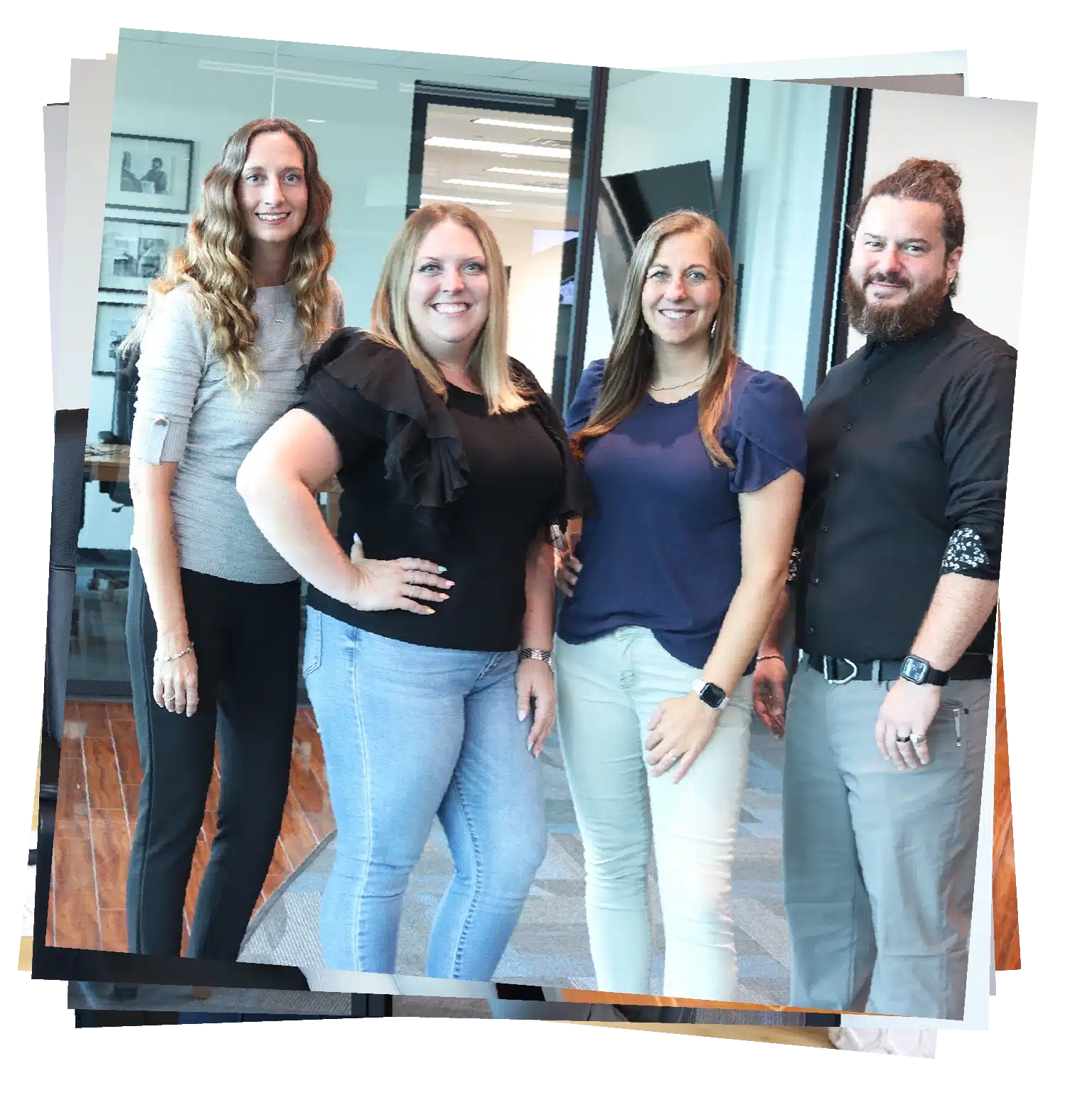When it comes to ranking the most effective search engines, Google sits alone at the top of the mountain. They’ve earned that spot by keeping a consistent focus on providing the best search experience to their users.
In this case, good user experience means that Google serves search results that are:
- Relevant to the search query
- The results are displayed quickly
- Users rarely, if ever, have to look further than the first page of search results in order to fulfill whatever desire brought them to the search engine in the first place
Because of it’s standing amongst its peers, most SEO providers focus their efforts on ranking their client’s website specifically in Google’s search engine. But have you kept up with how Google’s search result pages have evolved?
In June of 2019, Google hit a controversial milestone – less than 50% of searches on their platform ended with the user clicking through to a website (according to a study done by SparkToro). I have labeled the milestone as controversial because:
- The good news is that Google’s search algorithm has gotten so good at interpreting search queries and understanding the searcher’s intent that they are able to understand and fulfill the desire of the searcher without having to click away from the search engine itself.
- The bad news is that users having their questions answered and intent fulfilled on Google’s search engine alone means that users no longer have to visit the websites where the information they are seeking is housed.
“I’m confused. Why is this a big deal?”
Earlier, I mentioned Google’s unparalleled great user experience – fast, relevant results with minimal clicks. Lately, that experience seems to be coming at a cost, one that’s being paid by web developers and content creators.
Let me give you an example of how things have changed.
Let’s say you’re smoking a brisket for the first time and you want to know what internal temperature the meat should reach before it’s safe to serve it. When we ask Google for help, we get our answer instantly and without having to click through to another website because of something called a “rich snippet” of information.
For example, if you search to learn what the current mortgage rates are? Google will display a table of the current rates available in your area.
What an incredible experience for the searcher, right?
But what about the experience of the developer that built the site that has the answer to your question? How are they supposed to feel now that you essentially got the info you were looking for and you didn’t even visit the website where that information is being provided.
See, websites can make money in a lot of different ways – from advertising to e-commerce to asking visitors to schedule appointments to eventually become clients or customers. Money is a great incentive for developers to create and maintain websites. But what incentive is there in developing a website if Google is just going to scrape your content and display it to users of their search engine without even giving you a “click” for your efforts?
From one perspective, the rise of the “Zero Click Search” is great news in terms of user experience. As seasoned internet users, we expect accurate, reliable information at our fingertips in an instant with a minimal number of “clicks” in order to obtain the info. From another “worst-case scenario” perspective, Google’s “Zero Click” practices could be seen as stealing your content.
As this situation continues to unfold, we at Element212 encourage our clients to do two things in order to control this situation to the best of your ability:
1. Play the game. At the moment, Google is the most visited site on the internet. The amount of traffic you can garner through proper SEO is still significant enough to “play by the rules” and claim your slice of the pie.
2. Funnel your audience into more controllable environments. No matter where your customers come from, do your best to lead your newfound customers into your different marketing channels such as your email marketing campaigns, text marketing lists, and even things like Facebook groups. Communication channels like the ones listed here are great ways to continue to follow up with customers and potential customers at little to no cost, combined with a great amount of control over the whole experience.’








